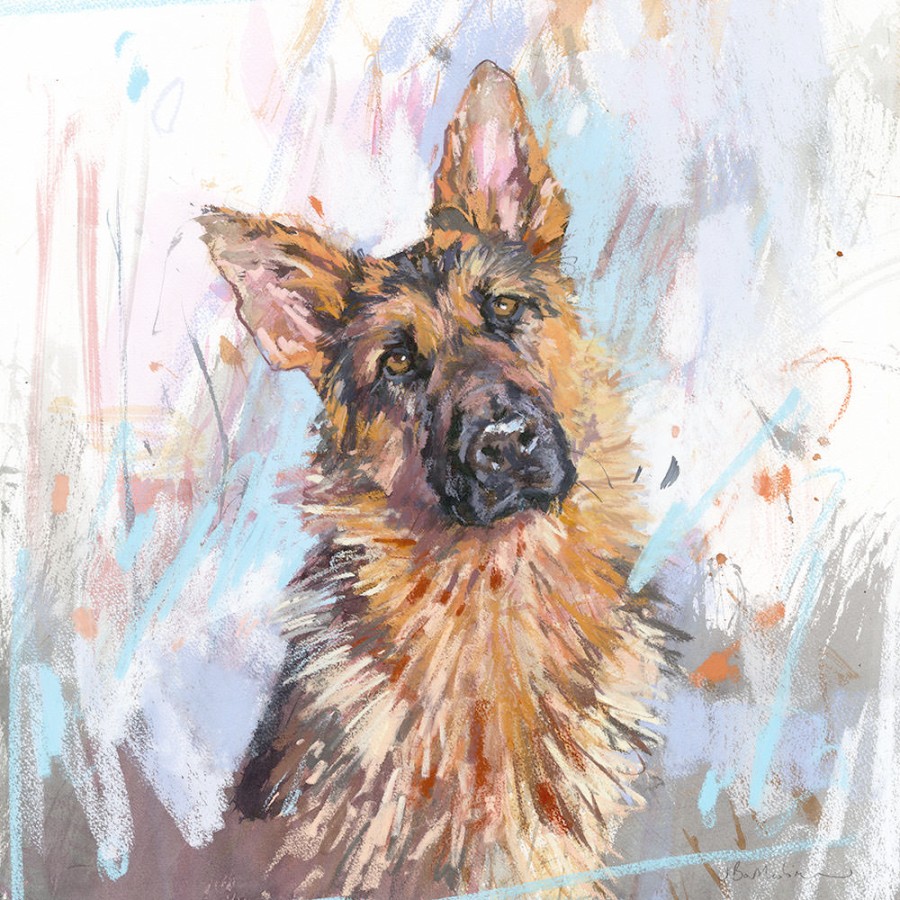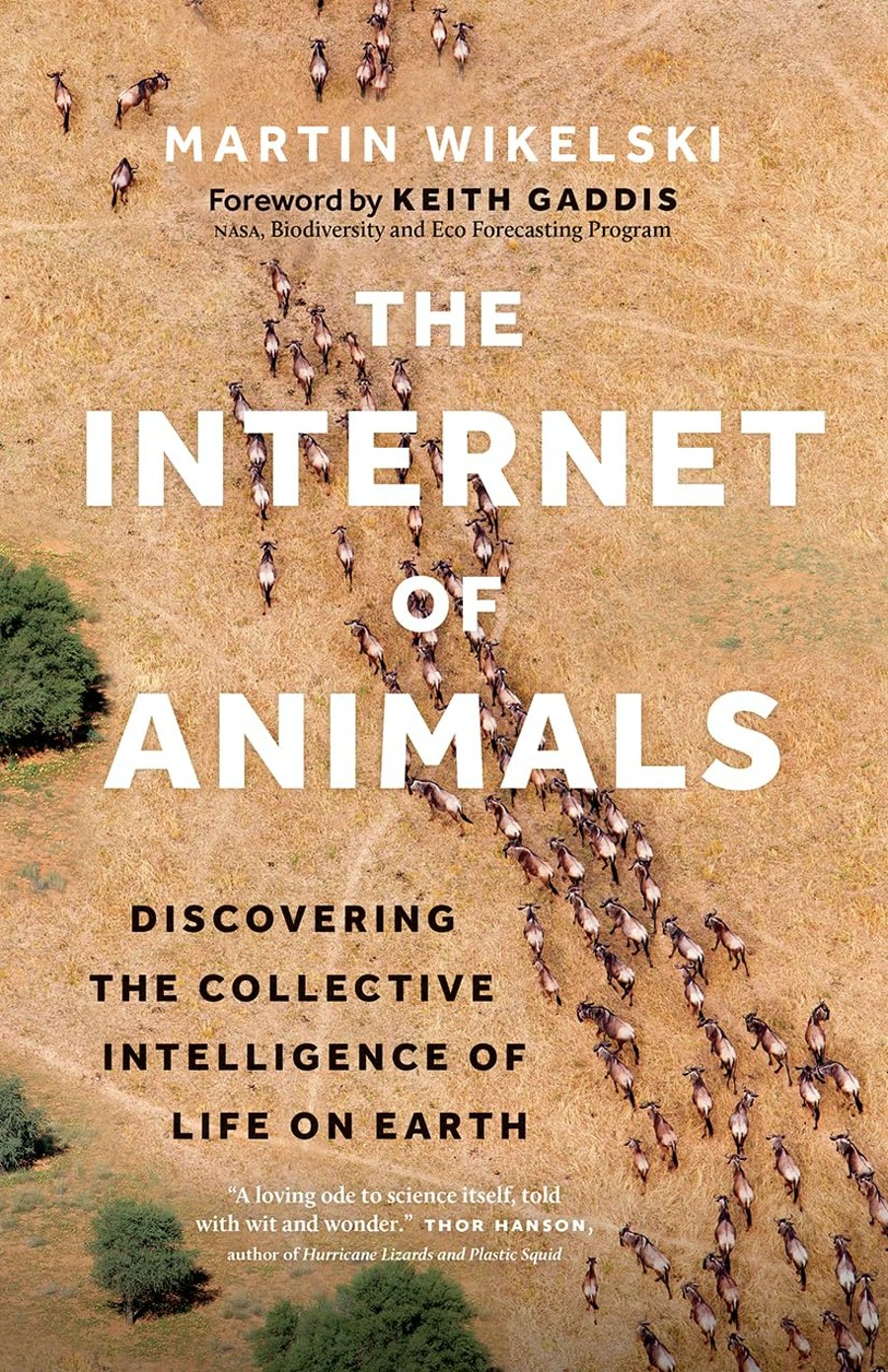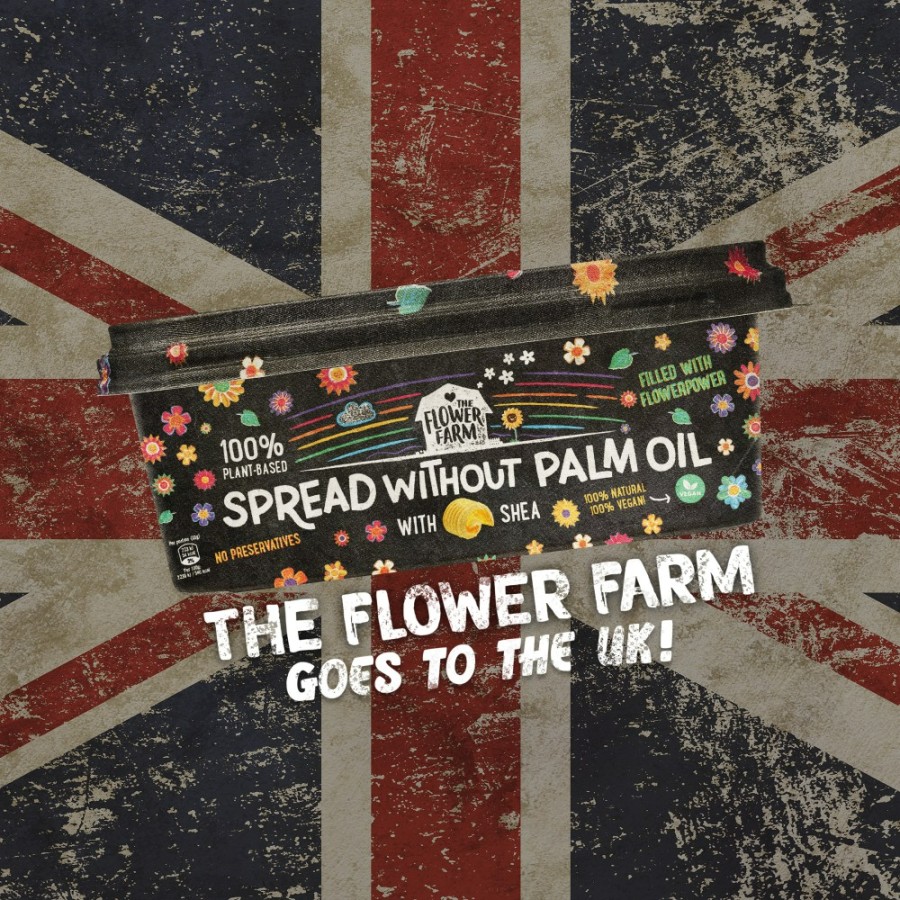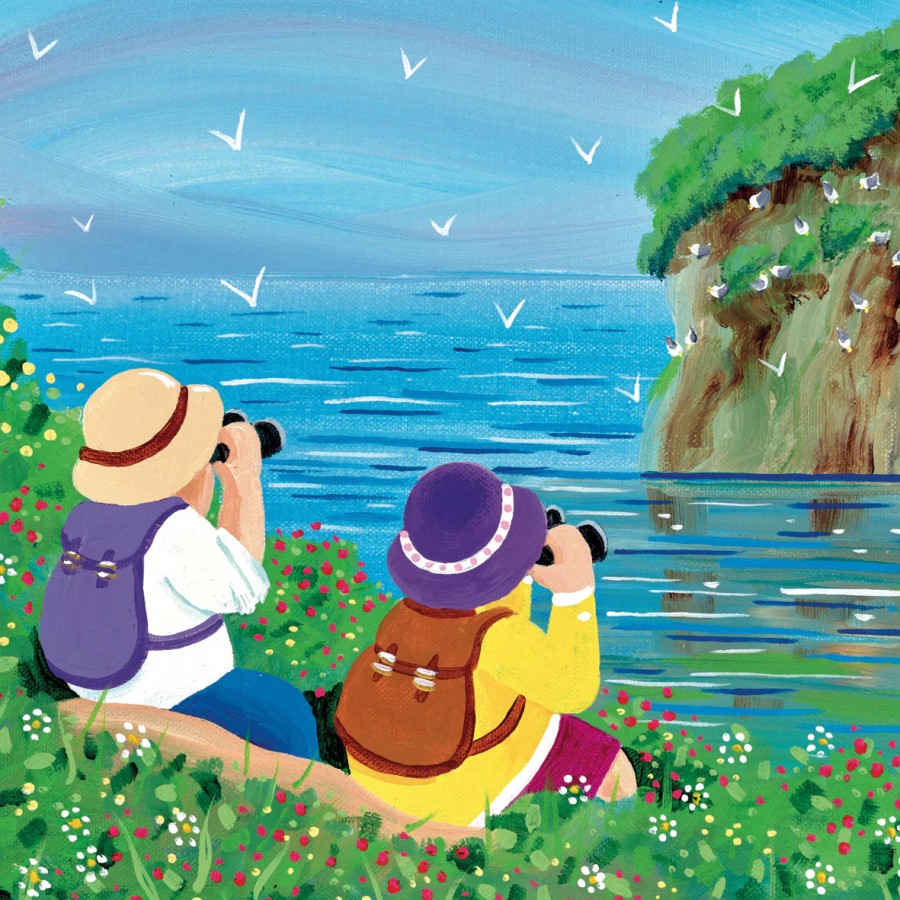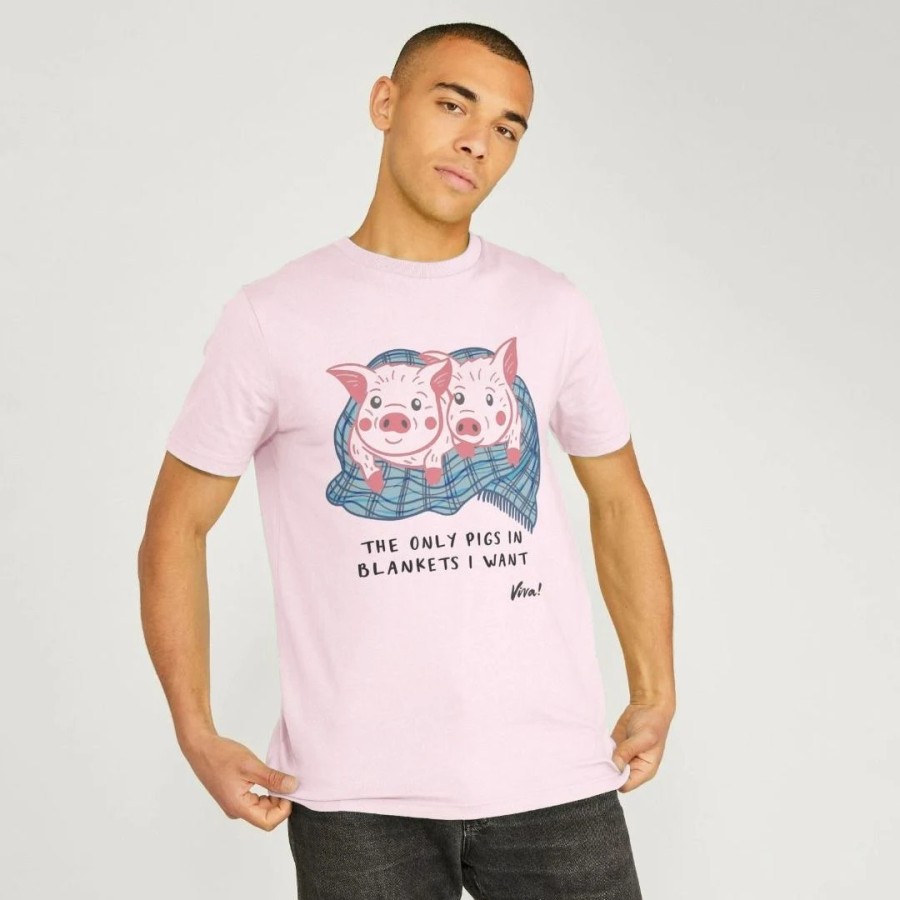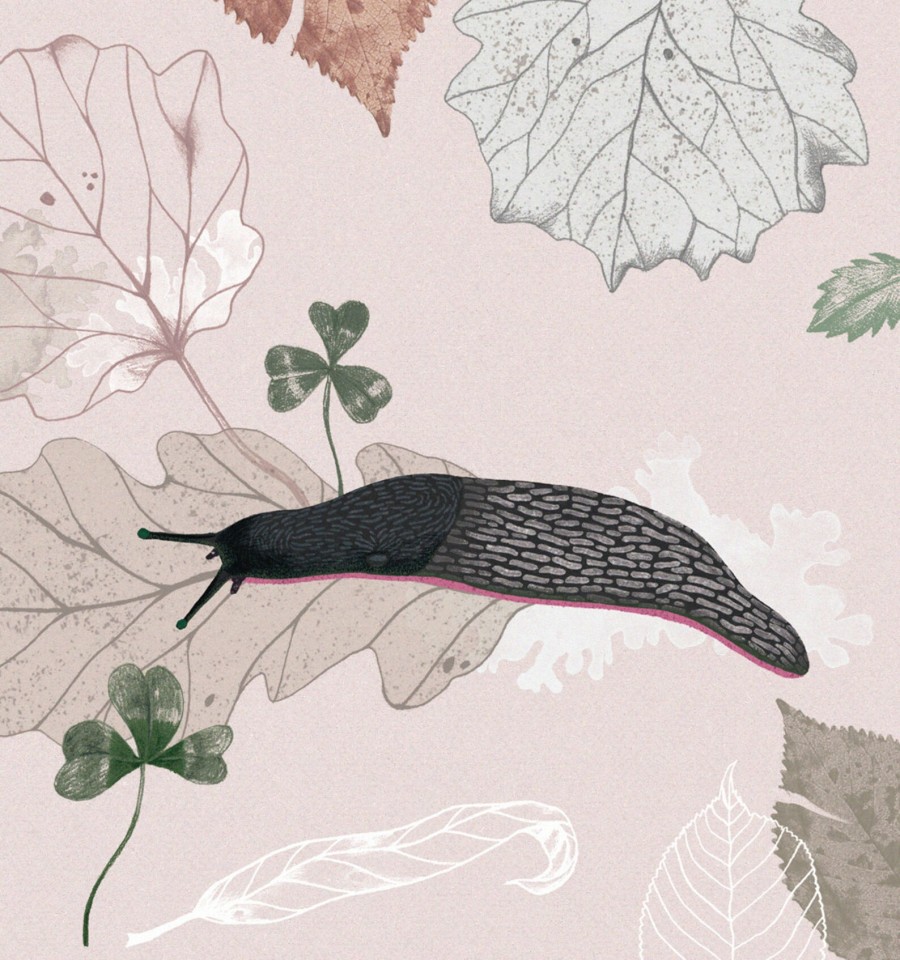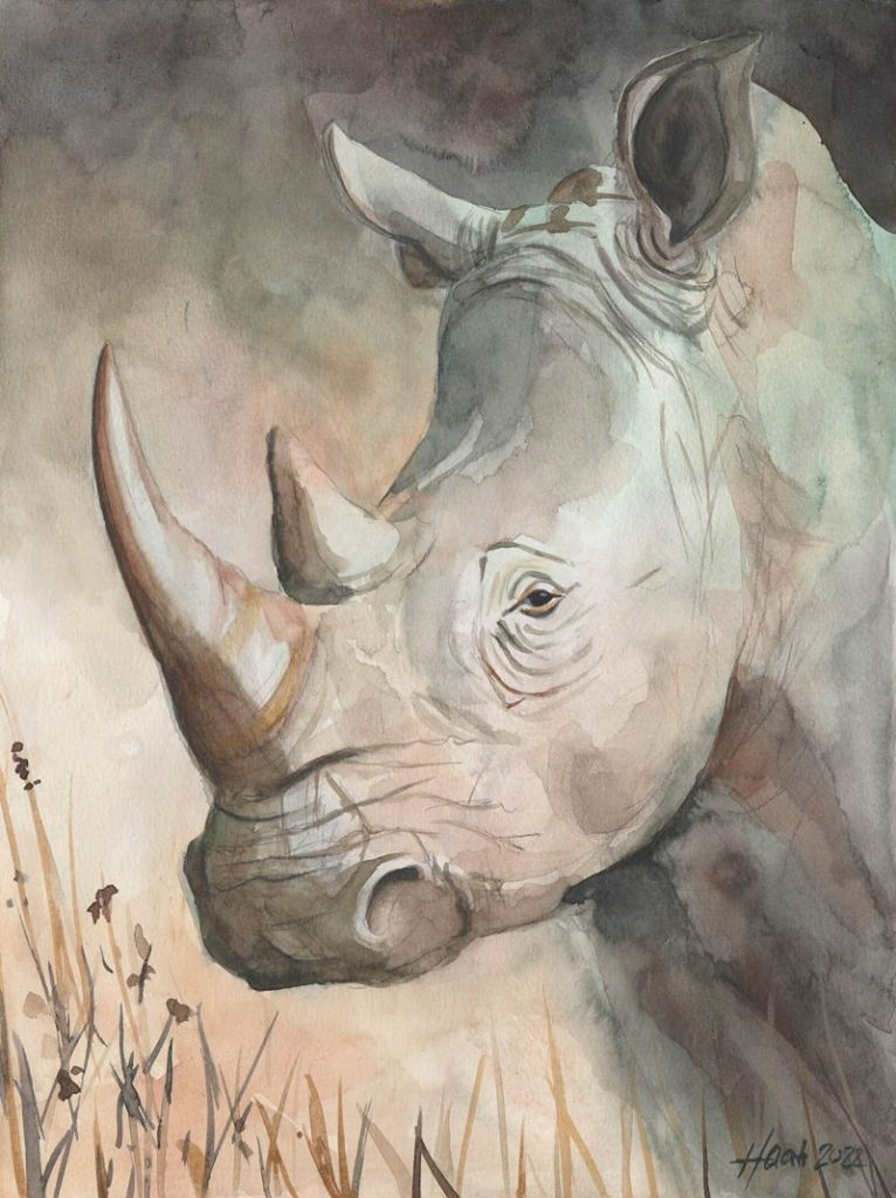
Rhinos are one of the world’s most endangered species, due to poachers hunting them for their horns (made from keratin, like our hair and nails) that is sold for thousands of dollars on the black market, due to the wrong belief that it can cure illness. Medical experts saying using rhino horn to cure cancer is like ‘chewing your own toenails’. In fact, some amazing people have created false horns made from donated nails, in order to flood the market. The DNA is the same, so nobody will pay big money for someone’s toenails!
You can help by purchasing organic cotton tees and hoodies (made with green energy and sent in zero-waste packaging) from Saving Rhinos Fashion. This non-profit does amazing work to help rhinos, and profits help save these incredible creatures.
On a very serious note, we don’t have much time left. The last male northern white rhino recently died, leaving just two females. There are hopes of using a surrogate other rhino to stop the species going extinct, but the situation is so serious, poachers are now shot dead, if they are found. Removing horns is no good, as wild rhinos need them for foraging (and most poachers go undercover, so have no knowledge if a horn has been removed, until after a rhino is killed). Some poachers have even killed captive rhinos in zoos, it’s that bad.
Urban Rhino Gin donates 10% of profits to saving baby rhinos. Distilled in the award-winning Henley Distillery, it’s made with UK-grown grain along with six botanicals: juniper, lemon peel, coriander seed, orris root, cassia bark and liquorice root. Avoid tonic waters (quinine) for pregnancy/nursing and affected medical conditions.
So what can we do? Like everything else, the secret is to live a simple sustainable life. You likely don’t buy medicine made from rhino horn, but we can do other things to help like avoid foods made with palm oil (also in soap – labelled as sodium palmate). There is no such thing as ‘sustainable palm oil’ and its use is decimating the habitats of endangered creatures like Sumatran rhinos and tigers, and orangutans.

